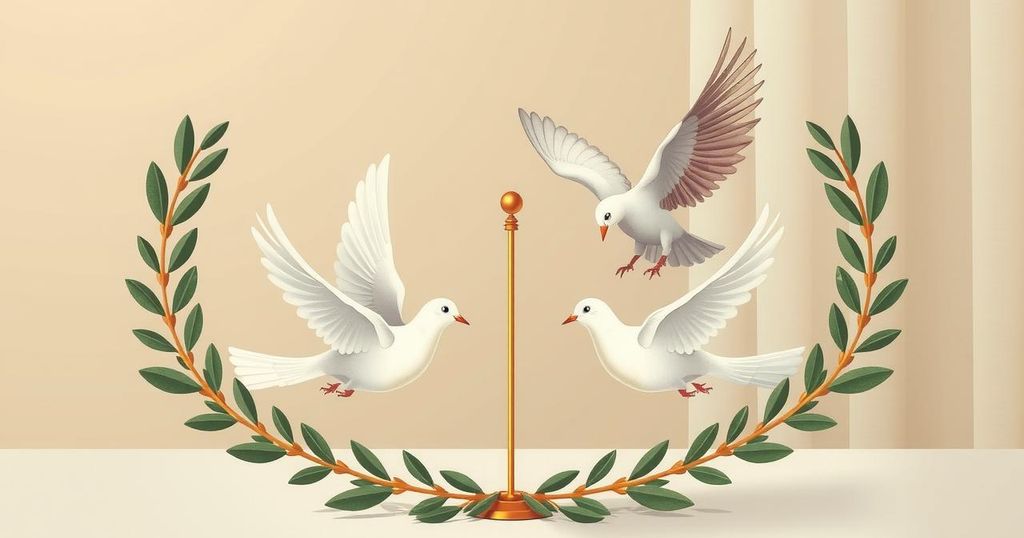Rwanda and DRC Sign U.S.-Brokered Peace Agreement Amid Ongoing Conflicts
- Rwanda and DRC sign a peace deal brokered by the U.S.
- President Trump claims the deal will benefit U.S. mineral rights.
- The conflict’s roots are tied to the Rwandan genocide and mineral exploitation.
- Concerns remain about the lack of justice for victims in the peace deal.
- Secretary Rubio acknowledges ongoing challenges despite the agreement.
U.S.-Brokered Peace Agreement Between Rwanda and DRC
Rwanda and the Democratic Republic of the Congo (DRC) have recently signed a peace agreement that U.S. President Donald Trump claims will facilitate significant changes in the region. This deal, brokered by the United States, is supposedly aimed not just at restoring peace but also at securing mineral rights that could favor American interests. Despite these optimistic declarations, U.S. officials, including Secretary of State Marco Rubio, acknowledge that challenges lie ahead. The complexities associated with the ongoing conflict must be addressed to bring about lasting peace and stability in Eastern Africa.
Challenges Persist Despite Agreement Support
However, the path to peace is far from straightforward. The conflict in Eastern Congo, deeply intertwined with the history of the Rwandan genocide and driven by factions vying for mineral wealth, continues to pose significant obstacles. President Trump himself admits that navigating this war is a task he’s somewhat unfamiliar with. Furthermore, the acknowledgment from Rwandanese Foreign Minister Olivier Nduhungirehe of existing mistrust in the region underscores the tensions that remain. He points out that previous agreements have often gone unfulfilled, leading to uncertainty about the new deal’s potential effectiveness. In addition, Congolese counterpart Therese Kayikwamba Wagner stressed the importance of respecting international law and protecting the sovereignty of states, emphasizing that the responsibility for peace extends beyond mere agreements.
Skepticism Surrounds Peace Deal’s Viability
Notably, the peace deal has been met with skepticism from some quarters. Congolese physician Denis Mukwege, a Nobel Peace Prize laureate known for aiding victims of wartime sexual violence, criticized the agreement for its lack of provisions aimed at ensuring justice for victims. He argues fervently that any real peace initiative must address the extensive suffering experienced by civilians in the region. Meanwhile, Secretary Rubio expresses praise for Qatar’s involvement in the diplomatic process. He highlighted the potential economic opportunities that the deal introduces, particularly noting that the United States expects to acquire some mineral rights in the DRC, signaling a move mixed with geopolitical strategy and commercial interest.
In summary, while the recent signing of a peace agreement between Rwanda and the DRC has raised hopes for a brighter future in the region, significant hurdles remain. The nature of the ongoing conflict, alongside critiques from notable experts regarding the agreement’s limitations, points towards a complex road ahead. Moving forward, vigilance and sustained international engagement will be essential to ensure that promises made translate into genuine improvements in the lives of affected civilians in Eastern Congo.




Post Comment